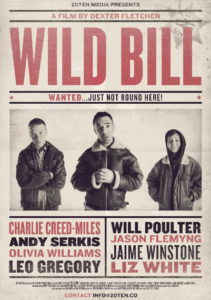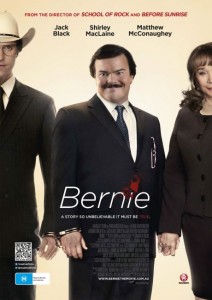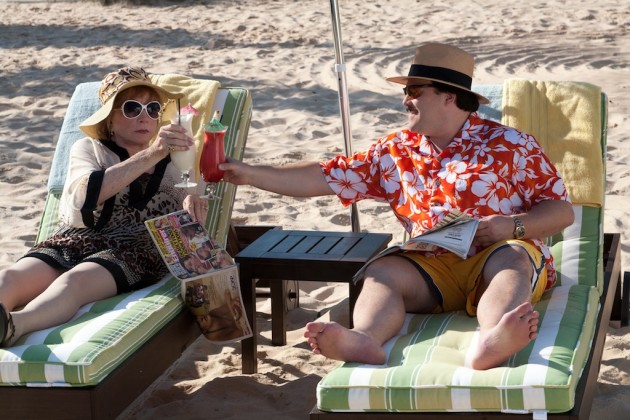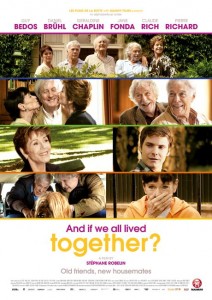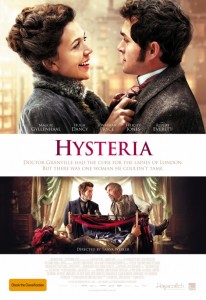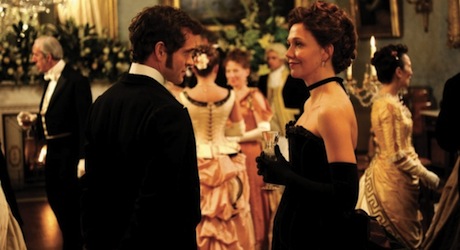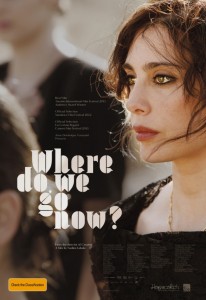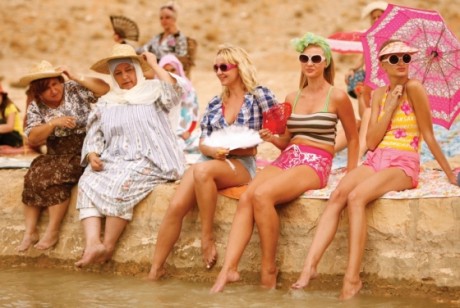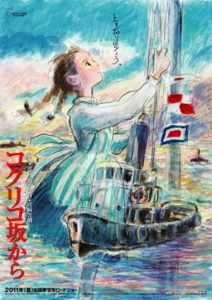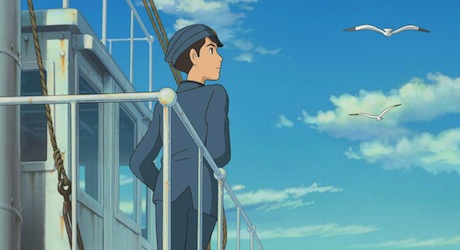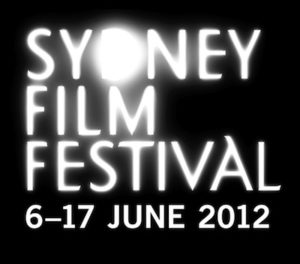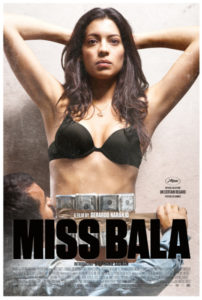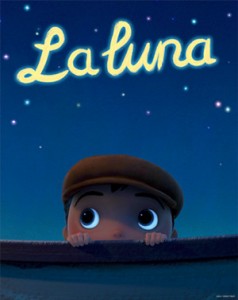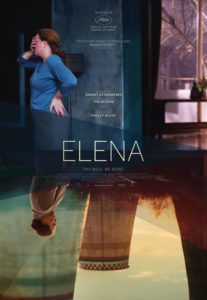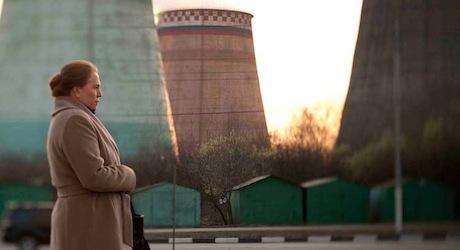Dexter Fletcher makes his directorial debut, bringing a cast a genuine characters to his vision of East London.
[stextbox id=”grey” caption=”Wild Bill (2011)” float=”true” align=”right” width=”200″]
Director: Dexter Fletcher
Writer(s): Dexter Fletcher, Danny King
Runtime: 127 minutes
Starring: Charlie Creed-Miles, Will Poulter, Liz White
Festival: Melbourne International Film Festival 2012
Country: UK
Rating (?): Better Than Average Bear (★★★½)
[/stextbox]
A veteran of the stage and screen, if the name Dexter Fletcher sounds familiar, then it’s probably from his roles in Lock, Stock and Two Smoking Barrells and his childhood role of Spike Thompson in TV’s Press Gang. For his first outing as a director, he teams up with author Danny King, who turned from a life of crime to give education a second go and become a successful journalist and writer. King’s The Burglar Diaries was made into the BBC sitcom Thieves Like Us, and it is appropriate that this film is all about second chances for those who have found themselves on the wrong side of the law.
Bill Hayward (Charlie Creed-Miles) emerges from an eight-year stint in prison, and returns on parole to his former East London home. There he finds his two sons, Dean (Will Poulter), the 15 year-old holding it all together and the younger Jimmy (Sammy Williams), who is coming dangerously close to heading down the same path as Bill. Abandoned by their mother, and now strangers to their father, the former ‘Wild’ Bill must navigate this new world, resisting the pull of crime and deciding to do what is right for his kids. However, as the problems with his youngest boy escalates, he finds himself on the verge of going right back to gaol if he stands up to the people who are dominating his son’s destiny.
A solid debut from actor Fletcher, Wild Bill is a film that wears its heart and all of its other emotions right there on its sleeve. Taking a leaf out of Ken Loach’s book, at least before he started looking for happy endings in The Angels’ Share, and this is a familiar portrait of the cycles of crime and violence that lead to multi-generational social angst. There is nothing terribly subtle about this approach, it’s sense of social welfare informed just as much by episodes of The Bill as it is by poverty in the UK. Indeed, the film is stylistically informed by television, and the episodic nature of the narrative leaves little time for nuanced character development. Each of the players are presented to us as is, and they all have their parts to play in turn, including the teenage mothers, hookers with hearts of gold and the slimy local crime lord in rare non-motion capture appearance from Andy Serkis.
Yet this straightforward approach also highlights a number of the film’s strengths, which are the genuine group of characters that populate its East London setting. Creed-Miles is undoubtedly the focus of the film, and his understated performance is packed with so much more than we see on-screen. Having mostly left his hard-bastard life behind him, he plays Bill as an agreeable and well-meaning chap. This occasionally makes Poulter’s relentlessly contrary nature hard to swallow, and the inevitability of Bill’s return to violence waves a flag as big as the Union Jack. However, literally building its story under the shadow of the Olympic Stadium, Fletcher seems to be saying that the shop-front might be shiny, but another British staple is still lurking under the surface.
Wild Bill played at the Melbourne International Film Festival in August 2012.


